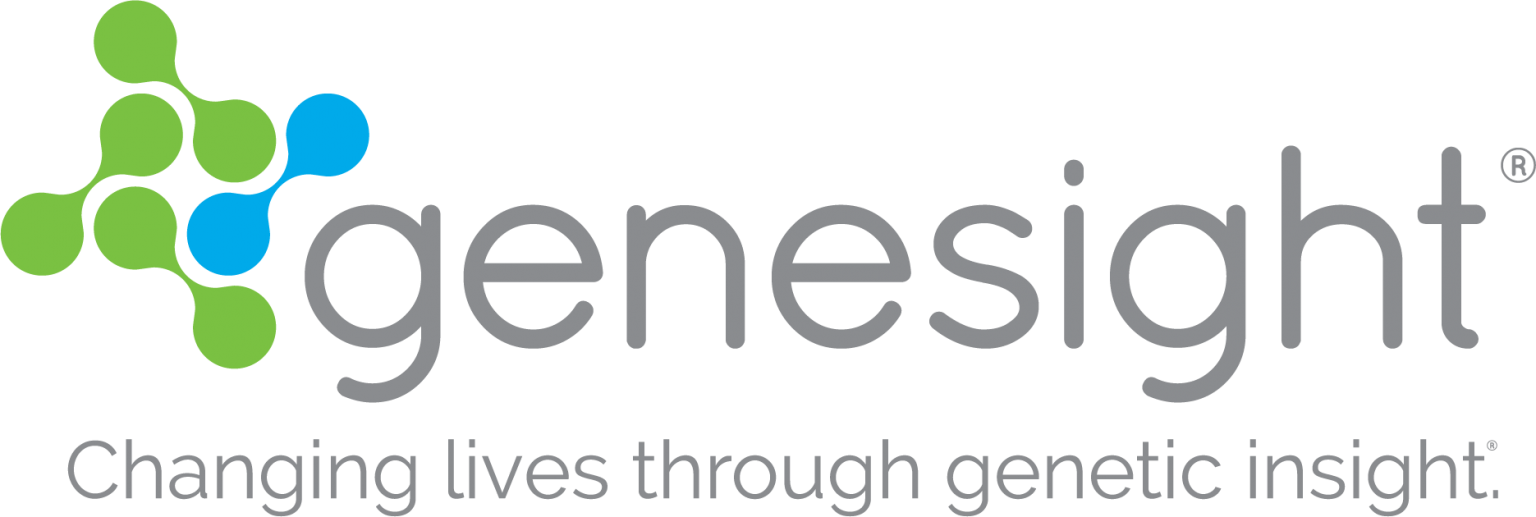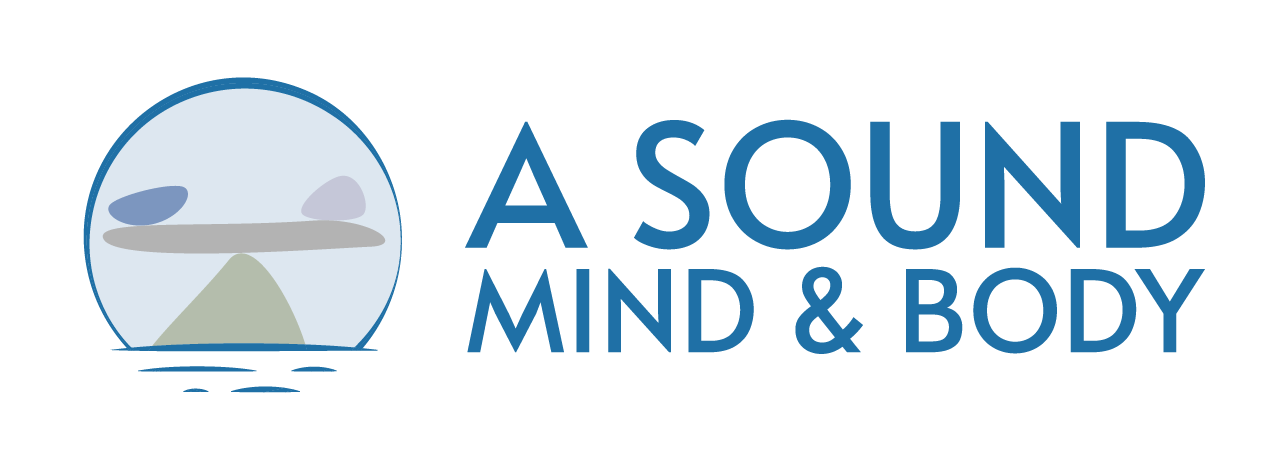Nashville Mental Health Programs
Navigate the challenges of the mind to live a more peaceful life.
Because you are valuable.

Comprehensive Mental Health Care
With a unique combination of psychiatric training, medication management, and effective therapeutic techniques, A Sound Mind & Body offers therapy in Nashville and middle Tennessee to patients of all ages.
You don’t have to accept the way things are. If you’re ready to find healing, we’re here to help.
We use a variety of therapy techniques depending on each person’s individual needs. Whether you’re struggling with anxieties caused by everyday life, debilitating mental illness, or anything in between, we’ll develop a unique treatment plan that works for you.
Conditions We Treat
We’re not all about labels, but if you’ve been diagnosed with one of the conditions below, we’ll use that information to figure out the best way to help you achieve a sound mind.
Depression
People with depression (major depressive disorder) usually have a combination of symptoms such as:
- Persistent sadness
- Loss of interest for activities that the individual usually enjoys
- Psychomotor slowing with physical and mental fatigue (at its worst the individual remains lying in bed), loss of creative capacity, difficulty reading, difficulty concentrating, poor memory
- Decrease of self-care, or hygiene neglect
- Social withdrawal, irritability in their interactions with the social environment
- Increase or loss of appetite with weight gain or loss
Sleep disorders: Insomnia or hypersomnia - Worsening of symptoms in the morning, while there is an improvement in the late afternoon
- Destructive behaviors (self-cutting, overdose) sometimes leading to suicide attempt.
This episode occurs outside of bereavement or medical or drug cause (some medications can cause depression).
In depression, an individual may experience rumination. Rumination consists of repetitive thoughts oriented towards the past or unanswerable questions, with low effectiveness with respect to real world solutions. There is a focus on past failures or bad memories, leading to a cascade of negative thoughts, making it difficult to find meaningful solutions.
Major depressive episodes of severe intensity are easily diagnosed; the mild episodes may go unnoticed with milder symptoms including:
- Fatigue
- Sluggishness
- Loss of creativity
- Mild social withdrawal
These mild presentations are no less destructive to the individual’s quality of life or to their professional and social life.
A major depressive episode may remain isolated or repeat itself either because a trial of psychotherapy has not been effective, or because the individual is dealing with a recurrent depression or bipolar disorder, predominantly Bipolar Disorder I.
Anxiety
An anxiety or “panic attack” is a powerful feeling of intense anxiety and fear. It is often accompanied by emotional and physical discomfort which the individual is unable to control. The individual is often afraid of passing out or dying.
Symptoms of a panic attack can be strong enough to trigger a heart attack or seizure. It can cause chest pain and shallow breathing, mimicking a heart attack. The diagnosis of a panic and anxiety attack is often made in the Emergency Department after a complete medical workup rules out the existence of a medical cause.
Generally, this attack is characterized by less intense symptoms, including sweating, dizziness, or shortness of breath, occurring in situations in which the individual has the impression that escape might be difficult, such as in unrelenting, distressing circumstances or in confined spaces, including in airplanes, cars and meetings. The anxiety or panic attack may last several minutes to several hours.
ADHD
Attention-deficit/hyperactivity disorder (ADHD) is a frequently occurring, potentially lifelong brain-based disorder, characterized by developmentally inappropriate levels of inattention and/or hyperactivity and impulsivity.
ADHD is among the most scientifically validated psychiatric disorders. Having ADHD is associated with significant added risk for developing other mental health disorders, as well as functional impairments, across a range of life domains. These domains include educational attainment, social skills, occupational success, personal relationships, parenting, personal safety, and general health. ADHD is associated with increased lifetime risk for anxiety, depression, substance abuse, and impulse control disorders. Children with ADHD have increased rates of learning disabilities, oppositional defiant disorder, conduct disorder, depression, anxiety, and other conditions, compared with unaffected children.
Personality Disorder
Personality makes each of us different. Our style of behavior, how we react, our worldview, thoughts, feelings, and how we interact in relationships are all part of what makes up our personality. Having a healthy personality enables a person to function in daily life. Everyone experiences stress at some time, but, a healthy personality helps us to face the challenges and move on. For someone with a personality disorder, the features of everyday life that most people take for granted can become a challenge.
When an individual has a personality disorder, it becomes harder for them to respond to the changes and demands of life and to form and maintain relationships with others.
These experiences can lead to distress and social isolation and increase the risk of depression and other mental health issues.
The American Psychiatric Association’s (APA) Diagnostic and Statistical Manual fifth edition (DSM-5) lists a number of personality disorders as diagnosable conditions for which people can seek treatment.
There are 11 personality disorders. Each one has its own set of diagnostic criteria. Perception of self and others, appropriateness of emotional responses, functioning in relationships, and impulse control (or lack thereof) can lead to significant distress or impairment. Sometimes it can be difficult to determine the type because the existence of other diagnoses (Depression, anxiety, substance abuse, etc) can complicate a diagnosis. Particular aspects and symptoms are treated with medication.
Sleep Disorders
Sleep problems are common in individuals with psychiatric conditions, including depression, anxiety (post-traumatic stress disorder, generalized anxiety disorder, and panic disorder), bipolar disorder, schizophrenia, dementia, and substance abuse. Insomnia is the most common reported sleep problem related to psychiatric disorders.
75% of depressed individuals have insomnia (difficulty falling asleep, fragmented sleep, early-morning awakening, decreased amount of sleep, etc). Insomnia tends to improve as mood lifts, and such relief of sleep disturbance may encourage individuals to adhere to antidepressant treatment.
Increasing age in healthy people is associated with increasing amounts of waking during the night, and this characteristic appears to be worse in dementia, so there is often insomnia. More extreme fragmentation of the 24-hr sleep-wake pattern with more sleeping in the daytime and less at night is also common and, of course, compounds the issue as daytime naps reduce the drive to sleep at night, and poor sleep at night makes daytime napping more likely.
PTSD
Post Traumatic Stress Disorder is characterized by recurring intrusive, involuntary and upsetting memories (flashbacks or nightmares) of a traumatic event.
Common symptoms:
- Re-living aspects of what happened
- Intense distress at real or symbolic reminders of the trauma
- Physical sensations such as pain, sweating nausea or trembling
- Alertness or feeling on edge
- Including feelings of panic, anger & aggression,
- Extreme alertness (hyper-vigilance) and being “jumpy”
- Avoidance of feelings
- Keeping busy to block memories of the trauma,
- Feeling physically or emotionally numb,
- Self-destructive or reckless behavior;
- Use of alcohol or drugs to block memories
- Difficult beliefs
- Feeling like you can’t trust anyone, nowhere is safe and no-one understands;
- Blaming yourself for what happened;
- Overwhelming feelings of anger, sadness, guilt or shame
- If you are experiencing symptoms of PTSD, you might also find that you have difficulty with some everyday aspects of your life, such as
- Looking after yourself or holding a job
- Maintaining friendships or relationships
- Remembering things and making decision
- Coping with change
Mood Disorders
Bipolar disorder (bipolar affective disorder) is a mood disorder. In the past, it was called “manic depression” or “manic-depressive” illness.
As with other mental disorders, the causes of bipolar disorder are multifactorial, consisting of an interaction of genetic, congenital and social factors. Research has particularly highlighted the genetic and biological correlates.
People who suffer from bipolar disorder experience alternating episodes of mood swings such as:
- Manic or hypomanic intervals characterized by manic excitement,
euphoria, grandiosity, decreased need for sleep, and heightened
libido. This arousal is particularly intense in the case of mania
and less so in the case of hypomania. - Intervals of depression characterized by a sad or depressed mood,
lack of interest, psychomotor retardation, feelings of helplessness
and sometimes destructive impulses. - Sometimes the so-called episodes called “mixed” in which manic
and depressive symptoms coexist.
Between these periods there are the so-called “euthymic” intervals during which the mood is normal.
Substance Abuse
Substance abuse can simply be defined as a pattern of harmful use of any substance for mood-altering purposes. “Substances” can include alcohol and other drugs (illegal or not) as well as some substances that are not drugs at all.
Many individuals who develop substance use disorders are also diagnosed with mental disorders, and vice versa. Multiple national population surveys have found that about half of those who experience a mental illness during their lives will also experience a substance use disorder and vice versa. Although there are fewer studies on comorbidity among youth, research suggests that adolescents with substance use disorders also have high rates of co-occurring mental illness; over 60 percent of adolescents in community-based substance use disorder treatment programs also meet diagnostic criteria for another mental illness.
Other Health Disorders
We provide help for many different health problems. One in particular is obesity. Here are a few statistics regarding obesity in 2021.
Looking at ages groups, we see the following percentages:
• 20–39 years old: 35.7%
• 40–59 years old: 42.8%
• 60 years or older: 41.0%
For persons with severe obesity (BMI ≥40), their life expectancy is reduced by as much as 20 years in men and by about 5 years in women. There are some very good medication options for weight loss.
Change your life with genetic insight
Every body is different. That’s why we don’t try treating each person the same way. Instead, we use evidence-based medicine to understand the best treatment options for you.

Join real men and women enjoying real results.
Questions?
We are here to help you navigate the challenges of the mind and body, and to live a more peaceful life through medication management, lifestyle modification, and reaching personal health goals.


